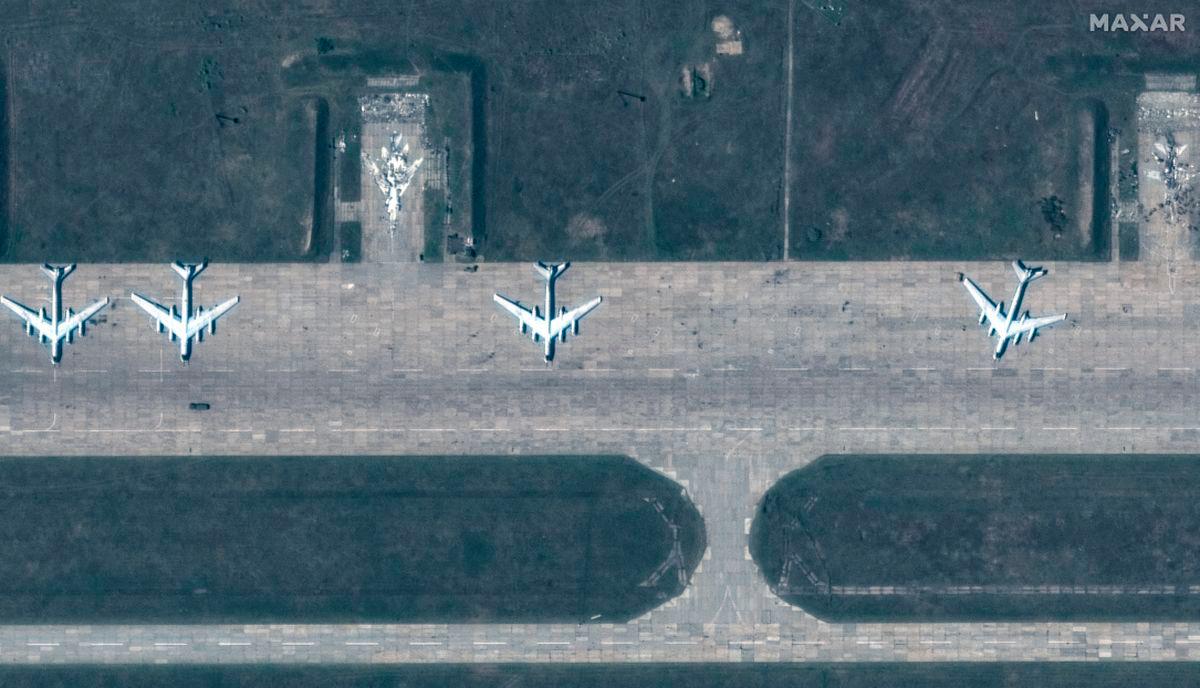BERLIN: A Ukrainian drone attack last weekend likely damaged around 10% of Russia's strategic bomber fleet and hit some of the aircraft as they were being prepared for strikes on Ukraine, a senior German military official said.
“According to our assessment, more than a dozen aircraft were damaged, TU-95 and TU-22 strategic bombers as well as A-50 surveillance planes,“ German Major General Christian Freuding said in a YouTube podcast reviewed by Reuters ahead of its publication later on Saturday.
The affected A-50s, which function similarly to NATO's AWACS planes by providing aerial situational awareness, were likely non-operational when they were hit, said the general who coordinates Berlin's military aid to Kyiv and is in close touch with the Ukrainian defence ministry.
“We believe that they can no longer be used for spare parts. This is a loss, as only a handful of these aircraft exist,“ he said. “As for the long-range bomber fleet, 10% of it has been damaged in the attack according to our assessment.”
The United States estimates that Ukraine's audacious drone attack hit as many as 20 Russian warplanes, destroying around 10 of them, two U.S. officials told Reuters, and experts say Moscow will take years to replace the affected planes.
Despite the losses, Freuding does not see any immediate reduction of Russian strikes against Ukraine, noting that Moscow still retains 90% of its strategic bombers which can launch ballistic and cruise missiles in addition to dropping bombs.
“But there is, of course, an indirect effect as the remaining planes will need to fly more sorties, meaning they will be worn out faster, and, most importantly, there is a huge psychological impact.”
Freuding said Russia had felt safe in its vast territory, which also explained why there was little protection for the aircraft.
“After this successful operation, this no longer holds true. Russia will need to ramp up the security measures.”
According to Freuding, Ukraine attacked two air fields around 100 kilometres (62 miles) from Moscow, as well as the Olenya air field in the Murmansk region and the Belaya air field, with drones trained with the help of artificial intelligence.
A fifth attack on the Ukrainka air field near the Chinese border failed, he said.
The bombers that were hit were part of Russia's so-called nuclear triad which enables nuclear weapons deployment by air, sea and ground, he added.









